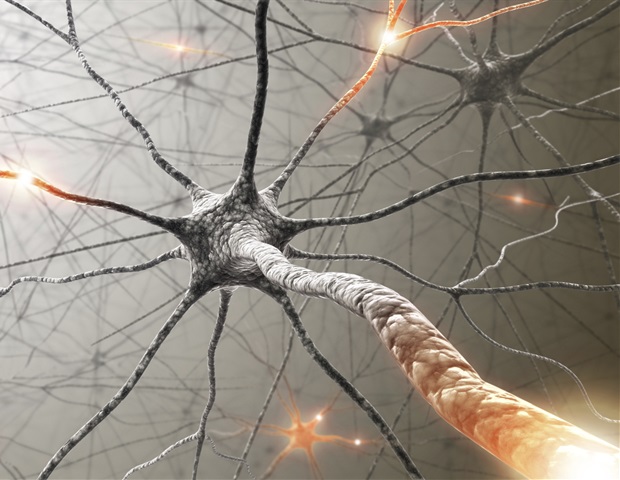Colonic motility disorders, especially problems associated with constipation and diarrhea, are common in adults and children, greatly impacting quality of life. A new study in The American Journal of Pathology, published by Elsevier, identifies neuropilin 2 (NRP2) as a novel regulator of distal colonic smooth muscle motility. Its ability to regulate cytoskeletal tone and restrain abnormal smooth muscle contraction may provide opportunities in the future to inhibit or activate signaling and thereby regulate smooth muscle activity in patients suffering from colonic motility disorders.
“Normal visceral smooth muscle activity is central to the function of many body systems including the gastrointestinal and urinary tracts, but it is much less studied than vascular smooth muscle,” explained co-lead investigator Maryrose P. Sullivan, PhD, Department of Surgery, Harvard Medical School; and Division of Urology, VA Boston Healthcare System, Boston, MA, USA. “Earlier studies by our group that showed robust expression of Nrp2 in smooth muscle of the colon prompted us to understand its functional significance in contraction and colonic motility.”
The investigators found extensive NRP2 expression in the distal colon that was especially prominent in circular and longitudinal smooth muscles in both humans and mouse models. They used genetically modified mice to determine the impact of Nrp2 deletion on contractility of the colon. Having demonstrated extensive expression of Nrp2 in smooth muscle of the gastrointestinal tract, they determined the functional consequences of Nrp2 gene deletion in vitro and motility analysis in intact mice. Their findings showed colonic tissues displayed increased evoked contraction in mice with global or smooth muscle–specific deletion of Nrp2. Mice with inducible, smooth muscle–specific Nrp2 deletion also showed an increase in colonic motility.
We were intrigued by the emergence of functional changes as early as a week after deletion of Nrp2. The relatively rapid detection of differences in contractile behavior of colonic muscle argues against major structural changes to the tissue, but rather suggests changes in cellular signaling. Delineating the signaling networks regulated by Nrp2 in smooth muscle is a major focus of our ongoing research.”
Rosalyn M. Adam, PhD, Co-Lead Investigator, Urological Diseases Research Center, Boston Children’s Hospital; and Department of Surgery, Harvard Medical School, Boston, MA, USA
Dr. Sullivan and Dr. Adam observed that their study provides an important addition to understanding mechanisms of regulation of visceral smooth muscle and suggests that Nrp2 may be an actionable target in diseases characterized by abnormal smooth muscle contraction.
“Although studies in patients are many years away, ongoing studies in our group are focused on development of small molecule inhibitors designed to inhibit Nrp2. These efforts may provide opportunities in the future to inhibit signaling via Nrp2 and regulate smooth muscle activity in patients. This is particularly relevant for diseases in which visceral smooth muscle is impaired, since effective pharmacotherapy for these conditions is not currently available,” they noted.
Alterations in colonic motility can result from a variety of conditions, including congenital anomalies such as Hirschsprung disease, diabetes, inflammation, infection, gut dysbiosis, and nerve damage secondary to spinal injury. Furthermore, changes in the magnitude and/or coordination of contractile activity throughout the gastrointestinal tract can lead to dysfunctional motility with ensuing disturbances in intestinal flora, inflammation, and nutrient absorption, often with serious health consequences.
Source:
Journal reference:
Lambrinos, G., et al. (2022) Neuropilin 2 Is a Novel Regulator of Distal Colon Contractility. American Journal Of Pathology. doi.org/10.1016/j.ajpath.2022.07.013.







